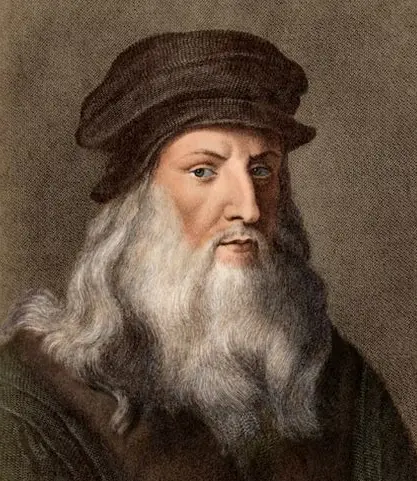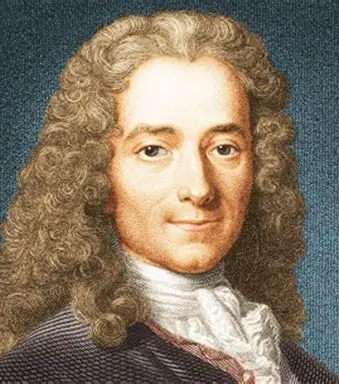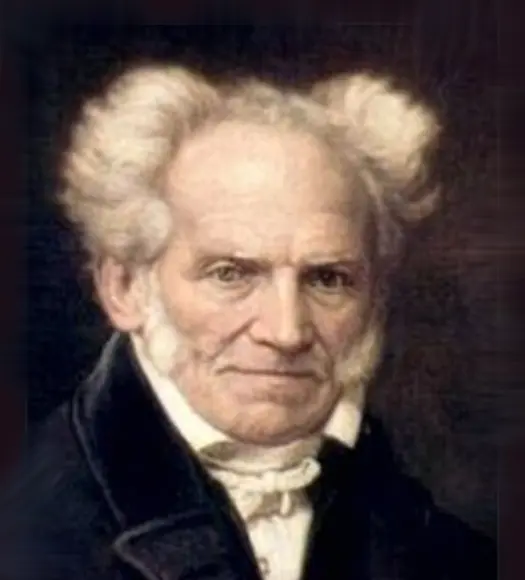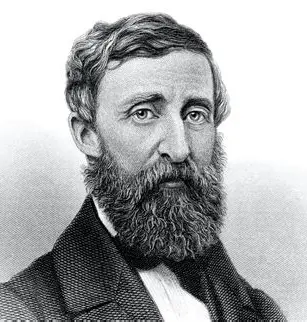Insights on Life after Death and Reincarnation
The nefarious just-one-life concept has not affected those thinkers during the last 500 years, who have considered that life continues after Earthly death and rebirth is an important part of the knowledge of life.
| . | . |
|---|---|
Leonardo da Vinci (1452-1519) It will be long before I come back again.1 |
|
Giordano Philippo Bruno (1548-1600)
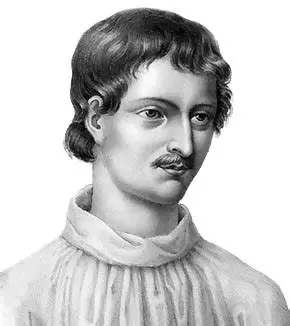
Since the soul is not found without body and yet is not body, it may be in one body or in another, and pass from one body to another.2
You people, dismayed by fear of icy death, why are you terrified by the Styx, by shadows and empty names, the stuff of poets’ tales, by the dangers of a world that doesn’t exist? Our bodies, whether destroyed by the flames of the funeral pyre, or by slow decay, do not feel any suffering. Our souls are immortal and are ever received into new homes, where they live and dwell, when they have left their previous abode. All things change, but nothing dies.3
| . | . |
|---|---|
Voltaire (1694-1778) It is not more surprising to be born twice than once.4 |
|
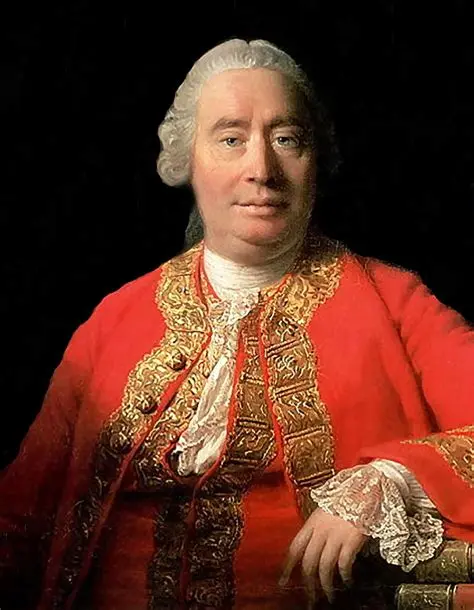 David Hume (1711-1776):
David Hume (1711-1776):
Reasoning from the common course of nature, and without supposing any new interposition of the supreme cause, which ought always to be excluded from philosophy, what is incorruptible must also be ingenerable. The Soul therefore if immortal, existed before our birth … The souls of animals are allowed to be mortal; and these bear so near a resemblance to the souls of men, that the analogy from one to the other forms a very strong argument. Their bodies are not more resembling; yet no one rejects the argument drawn from comparative anatomy. The Metempsychosis is therefore the only system of this kind that philosophy can harken to.5
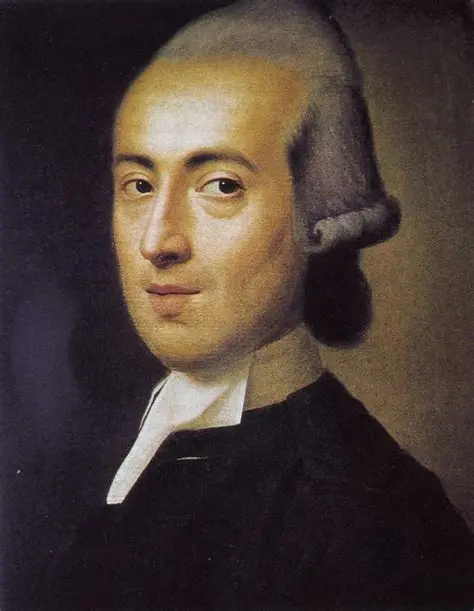 Johann Gottfried von Herder (1744-1803)
Johann Gottfried von Herder (1744-1803)
Do you not know great and rate men who cannot have become what they are at once, in a single human existence? Who must often have existed before in order to have attained that purity of feeling, that instinctive impulse for all that is true, beautiful and good — in short, that elevation and natural supremacy over all around them? …
Have you never observed that children will sometimes, of a sudden, give utterance to ideas which makes us wonder how they got possession of them, which presuppose a long series of other ideas and secret self-communinings, which break forth like a full stream out of earth, an infallible sign that the stream was not produced in a moment form a few raindrops, but had long been flowing concealed beneath the ground? …
Have you never had remembrances of a former state, which you could find no place for in this life?.. Have you not seen persons, been in places, of which you are ready to swear that you had seen those persons, or had been in those places before?.. And such are we; we who, from a hundred causes, have sunk so deep and are so wedded to matter, that but few reminiscences of so pour a character remain to us. The nobler class of men who, separate from wine and meat, lived in perfect simplicity, temperate and according to the order of Nature, carried it further, no doubt, than others, as we learn from the example of Pythagoras, of Iarchas, of Apollonius, and others, who remembered distinctly what and how many times they had been in the world before. …
I am not ashamed of my half-brothers, the brutes; on the contrary as far as they are concerned, I am a great advocate of metempsychosis. I believe, for a certainty, that they will ascend to a higher grade of being, and am unable to comprehend how anyone can object to this hypothesis which seems to have the analogy of the whole creation in its favor.6
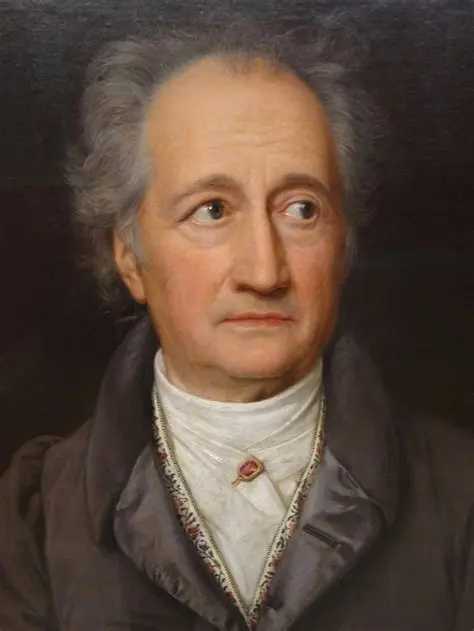 Johan Wolfgang Goethe (1749-1832)
Johan Wolfgang Goethe (1749-1832)
Ich bin gewiss, wie Sie mich hier sehen, schon tausendmal dagewesen und hoffe wohl noch tausendmal wiederzukommen. (Original)
I am certain that I have been here a thousand times before, and I hope to come back a thousand times.7 (Translation)
Und solang du das nicht hast, Bist du nur ein trüber Gast Auf der dunklen Erde. (Original)
This: Die and Become!, You will only be a gloomy guest on this dark Earth.8 (Translation)
| . | . |
|---|---|
| Arthur Schopenhauer (1788-1869) Were an Asiatic to ask me for a definition of Europe, I should be forced to answer him: it is that part of the world which is haunted by the incredible delusion that man was created out of nothing, and that his present birth is his first entrance into life.9 |
| . | . |
|---|---|
Henry David Thoreau (1817-1862) As far back as I can remember I have unconsciously referred to the experiences of a previous state of existence10 |
|
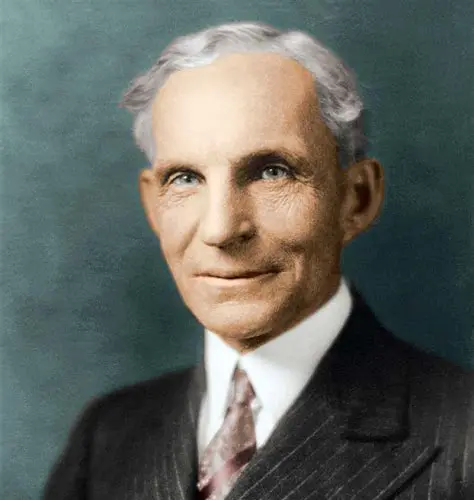
Henry Ford (1863-1947)
I adopted the theory of Reincarnation when I was twenty six. Religion offered nothing to the point. Even work could not give me complete satisfaction. Work is futile if we cannot utilise the experience we collect in one life in the next. When I discovered Reincarnation it was as if I had found a universal plan I realised that there was a chance to work out my ideas. Time was no longer limited. I was no longer a slave to the hands of the clock. Genius is experience. Some seem to think that it is a gift or talent, but it is the fruit of long experience in many lives. Some are older souls than others, and so they know more. The discovery of Reincarnation put my mind at ease. If you preserve a record of this conversation, write it so that it puts men’s minds at ease. I would like to communicate to others the calmness that the long view of life gives to us.11
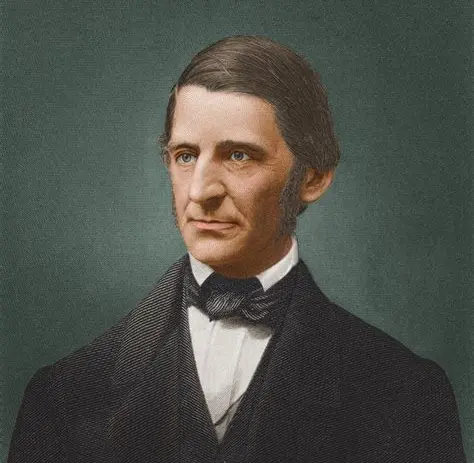
Ralph Waldo Emerson (1803-1882)
The soul comes from without into the human body, as into a temporary abode, and it goes out of it anew… it passes into other habitations, for the soul is immortal.12
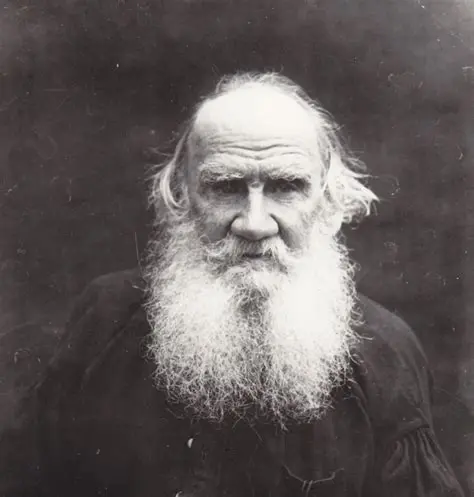
Lev Tolstoi (1828-1910)
As we experience thousands of dreams in our present life, so is our present life only one of many thousands of such lives which we enter from the other more real life… and then return after death. Our life is but one of the dreams of that more real life, and so it is endlessly, until the very last real one – the life of God.13
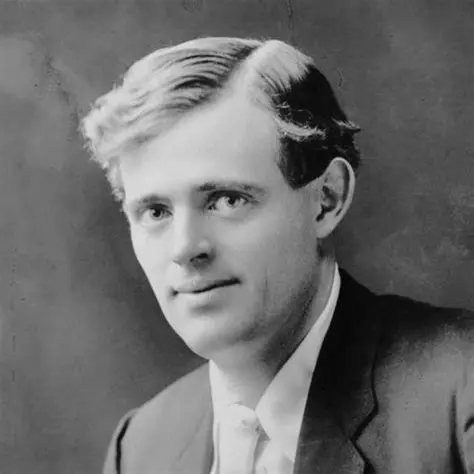 Jack London (1876-1916)
Jack London (1876-1916)
I did not begin when I was born, nor when I was conceived. I have been growing, developing, through incalculable myriads of millenniums. All my previous selves have their voices, echoes, promptings in me. Oh, incalculable times again shall I be born.14

General George S. Patton (1885-1945)
So as through a glass, and darkly
The age long strife I see
Where I fought in many guises,
Many names, but always me.15
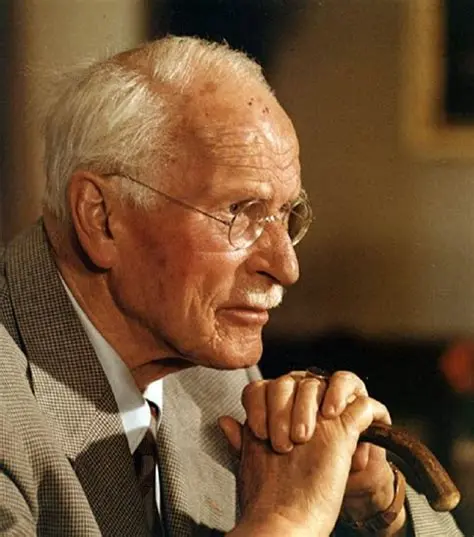 Carl Jung (1875-1961)
Carl Jung (1875-1961)
I am trying to get nearer to the remarkable psychology of the Buddha himself, or at least of that which his contemporaries assumed him to be. It is chiefly the question of karma and rebirth which has renewed my interest in Buddha.16
Rebirth is an affirmation that must be counted among the primordial affirmations of mankind.17
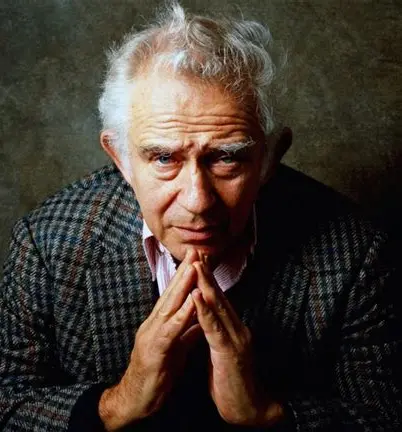 Norman Mailer (1923-2007)
Norman Mailer (1923-2007)
I’m a great believer in the hereafter, in karma, in reincarnation. It does make sense. I believe that God is not just a law-giver, but a creative artist. The greatest of all. And what characterizes artists is that they want to redo their work. Maybe it didn’t come off perfectly, so they want to see it done again, and improved. Reincarnation is a way for God to improve his earlier works.18
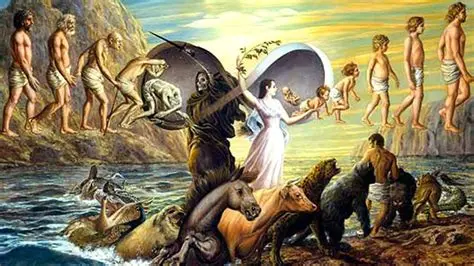
L. da Vinci’s entry into his diary (found in Spain). ↩︎
G. Bruno quote at a Venice trial in 1592. From Larry O’Connor’s book A Pillar in the Temple of the Lord, p 167 ↩︎
G. Bruno Cause, Principle and Unity And Essays on Magic (republished in 2004), p 46; Bruno cites Ovid Metamorphoses XV, 153-159 and 165 ↩︎
As quoted by Lady Caithness in her book Old Truths in a New Light, or, An Earnest Endeavour to Reconcile Material Science with Spiritual Science, and with Scripture. (1874) ↩︎
J.G. Herder Dialogues on Metempsychosis ↩︎
J.W. Goethe poem Selige Sehnsucht (in English Blissful Yearning), appears in West-östlicher Divan (1814-1819), Buch des Sängers. Original; Translation ↩︎
A. Schopenhauer Parerga and Paralipomena (1851) ↩︎
H.D. Thoreau The Heart of Thoreau’s Journals p.47 ↩︎
H. Ford interview in San Francisco Examiner on August 26, 1928 ↩︎
R.W. Emerson In the Beauty of the Lilies: A Love Story That Opens Doors to Spiritual Values, p. 56 ↩︎
L. Tolstoi letter to D.A. Hilkov (Feb 7, 1892) on The Buddhist Concept of Karma ↩︎
J. London The Star Rover (1915) ↩︎
C. Jung Letters Volume II, page 548 ↩︎
C. Jung Collected Wroks volume 9, paragraph 207 ↩︎
N. Mailer interview with Los Angeles Times with Josh Getlin on 4 February, 2007 ↩︎


